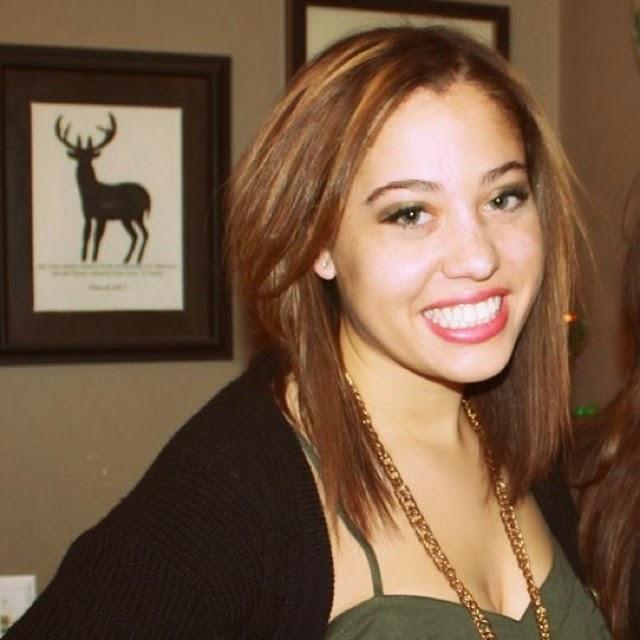November 5, 2014
Victoria Orbe
Year of graduation and concentration; affiliation with Spectrum Center
I graduated in May of 2014 with a BA in psychology and minor in LGBTQ & Sexuality Studies. I have been involved with the Spectrum Center since my freshman year as a volunteer. I was a GPS Mentor for the majority of my undergrad and also worked and prepared a lot of the Spectrum’s 40 birthday celebration in 2011. Just this past summer, I worked at Spectrum as an office administrative assistant where I become more intimately acquainted with the procedures and staff of Spectrum Center. I’ve made a lot of friends and connections through my experiences at Spectrum and am so grateful for their presence on campus.
What you’re currently doing
I am currently a Masters Social Work student at the University of Michigan. I am studying Interpersonal Practice and Child, Family and Youth in Society with a minor in Community Organization. It’s a mouth full but basically I am planning on working with disenfranchised groups; I am specifically looking to reach out to queer youths of color. With a method in Interpersonal Practice I plan to work with youth (and their families) in one-on-one settings and in groups. Hopefully this will be in a therapy or clinical setting addressing the overrepresentation of LGBTQ youth in mental illness, homelessness and suicide. With a minor in Community Organizing I desire to work within the more macro contexts of the LGBTQ community, to empower the community, and to work towards social justice. Aside from school, I work in a research lab on campus and am also involved with a mentorship program called Femtors (Feminist mentors). Femtors is apart of the It’s Great To be A Girl Program within the University which facilitates college women to work with 6th grade economically and academically disadvantaged girls in Ypsilanti.
How does your identity play a role in your current activities/work?
My identity as a LGBTQ person of color and my experiences developing my identity have directly influenced my professional goals and my field of work. I have always aimed to be a person who could help myself. That is, I have been involved in less than savory interactions with clinicians, health professionals, and even social workers growing up; this inspired me to be an advocate for youth with similar identities. I base a lot of my practice on intersectionality, which derives from my own understanding of myself and how multiple minority identities affect my life.
Biggest challenge you’ve faced after graduation
My biggest challenge since graduation is really solidifying my professional goals and career. I have been forced to start thinking more about my long-term goals and professional track. Since I am now attempting to build my identity as a social worker and submerge myself into the workforce, this created my first experiences trying to integrate my sexual identity in my professional identity. It is challenging trying to navigate “coming out” in the professional realm.
Advice to current U-M students
It sounds corny but just put yourself out there. It takes some self-initiative to become apart of this community on campus but it’s worth it. The Spectrum Center and other LGBTQA student orgs really make an effort to create an inclusive, friendly and empowering community on campus. I know I wish I had taken advantage of more of the events and trainings that they offered. This is important not only because you can build professional connections with other LGBTQA and ally peers/colleagues for the future, but you can also engage with the community socially and make new friends.

